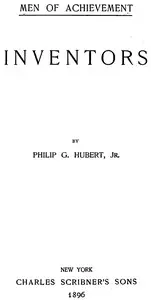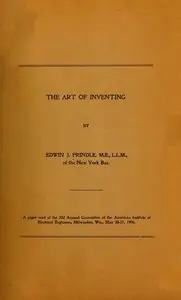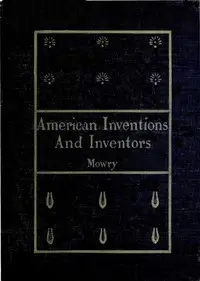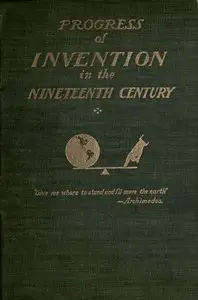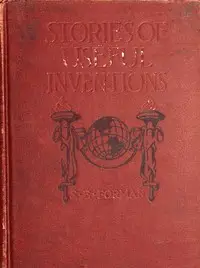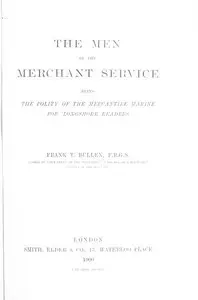"Invention: The Master-key to Progress" by Bradley A. (Bradley Allen) Fiske, examines human civilization's journey through the power of invention, showcasing how groundbreaking creations have propelled society forward. The book highlights the critical role of inventors and their ingenuity, from the simplest tools to complicated technologies, in molding the world. It begins by painting a picture of early humans using inventive thinking to overcome basic survival challenges with tools, fire, and weapons. These early developments transformed society, setting the stage for future progress and connecting ancient innovations to the world of today. The author emphasizes that our progress is rooted in the brilliance of the human mind and its unique ability to transform ideas into reality.
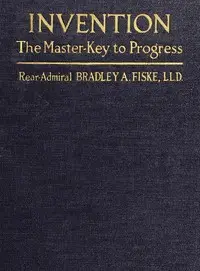
Invention: The Master-key to Progress
By Bradley A. (Bradley Allen) Fiske
From the dawn of humanity to the modern age, discover how brilliant minds and their ingenious creations have unlocked civilization's potential and shaped our destiny.
Summary
About the AuthorRear Admiral Bradley Allen Fiske was an officer in the United States Navy who was noted as a technical innovator. During his long career, Fiske invented more than a hundred and thirty electrical and mechanical devices, with both naval and civilian uses, and wrote extensively on technical and professional issues; The New Yorker called him "one of the notable naval inventors of all time." One of the earliest to understand the revolutionary possibilities of naval aviation, he wrote a number of books of important effect in gaining a wider understanding of the modern Navy by the public. For inventing the rangefinder, he was awarded the Elliott Cresson Medal of The Franklin Institute in 1891.
Rear Admiral Bradley Allen Fiske was an officer in the United States Navy who was noted as a technical innovator. During his long career, Fiske invented more than a hundred and thirty electrical and mechanical devices, with both naval and civilian uses, and wrote extensively on technical and professional issues; The New Yorker called him "one of the notable naval inventors of all time." One of the earliest to understand the revolutionary possibilities of naval aviation, he wrote a number of books of important effect in gaining a wider understanding of the modern Navy by the public. For inventing the rangefinder, he was awarded the Elliott Cresson Medal of The Franklin Institute in 1891.

